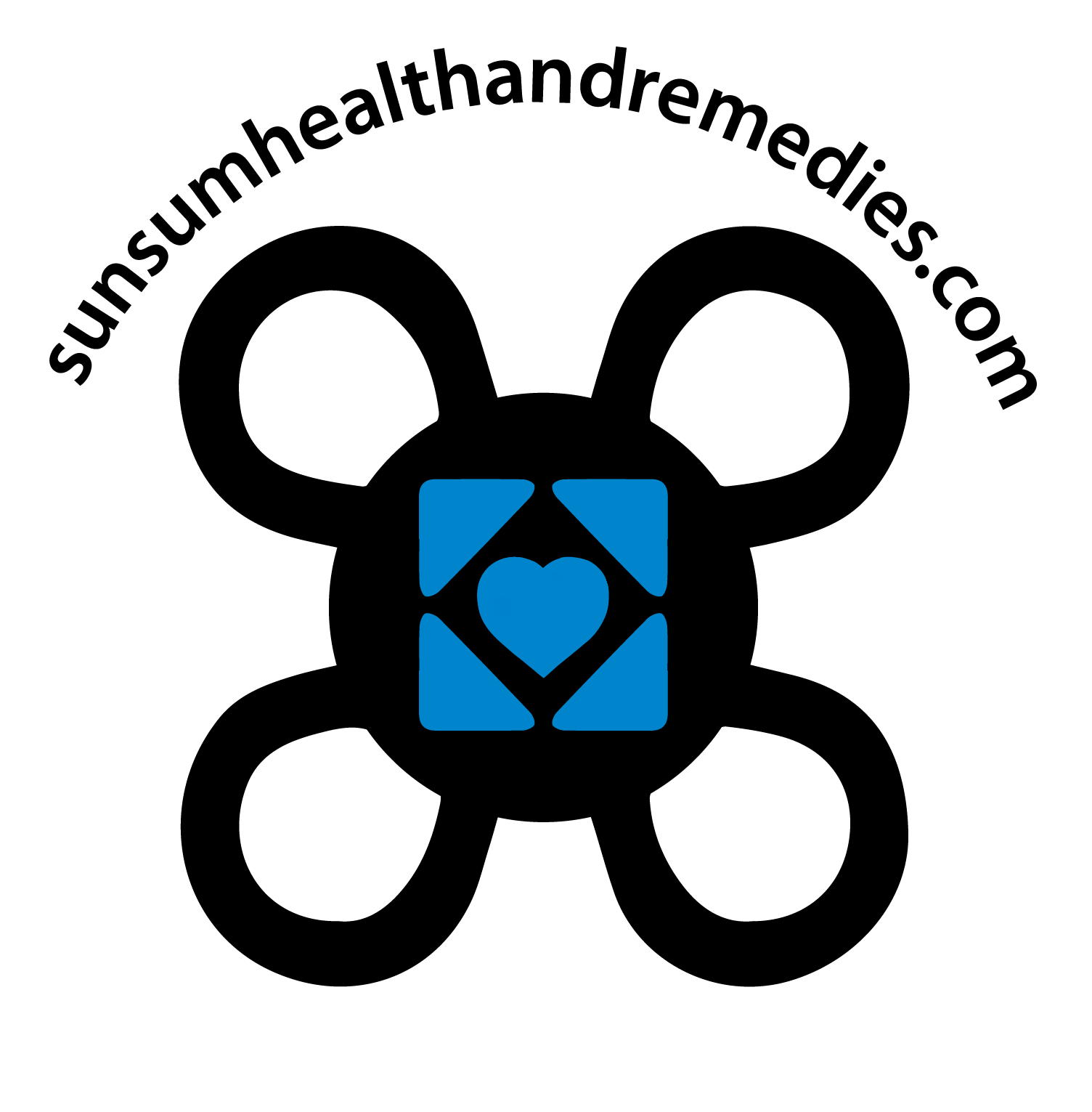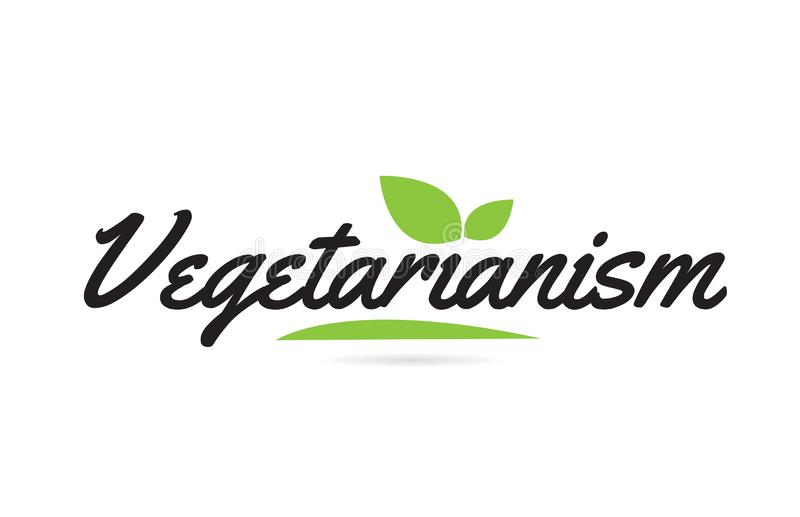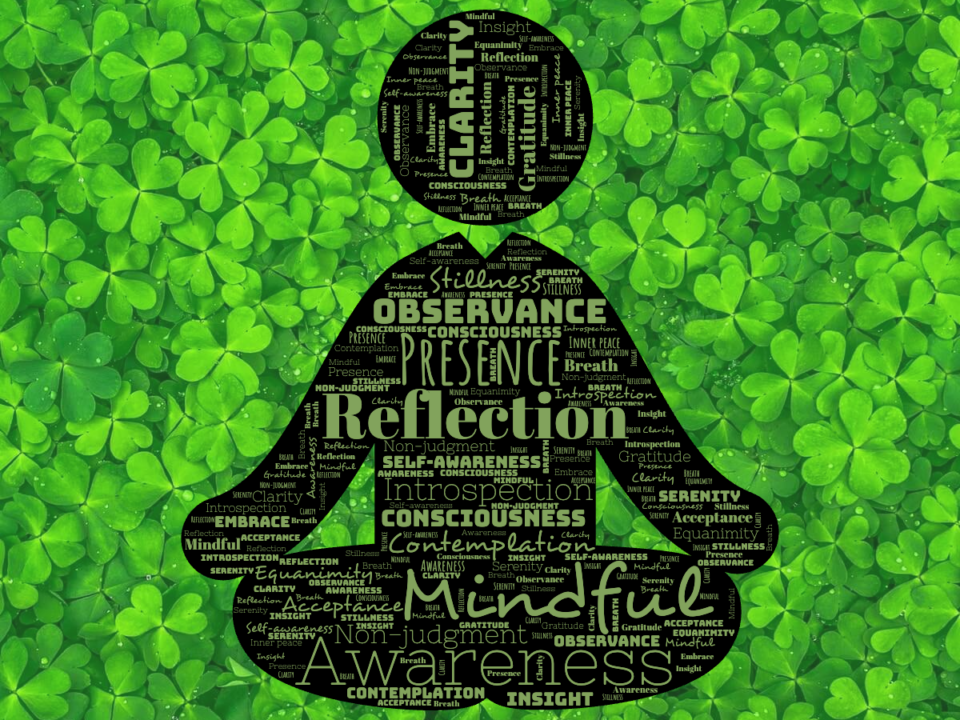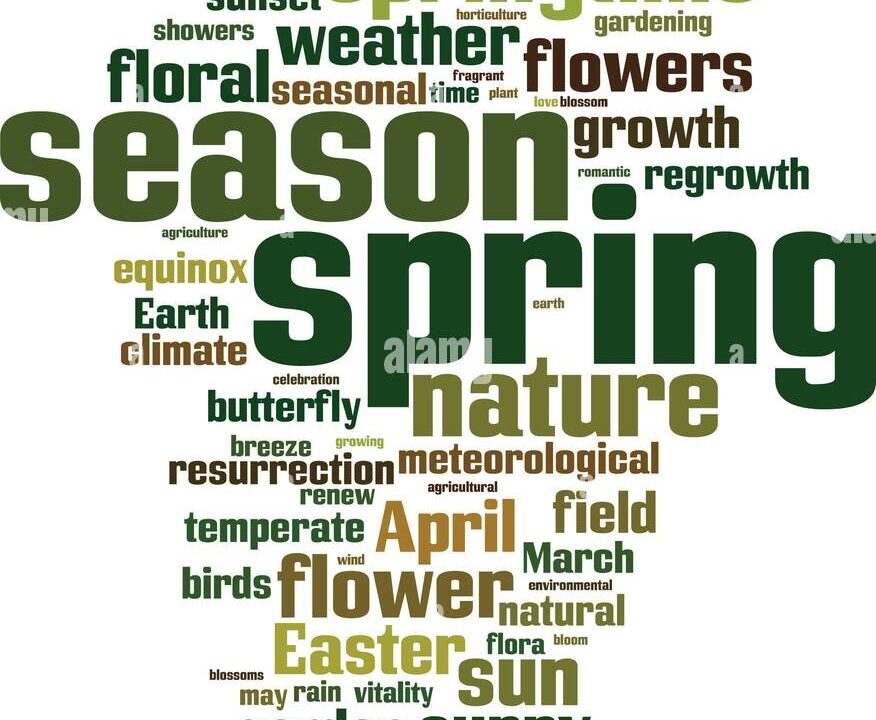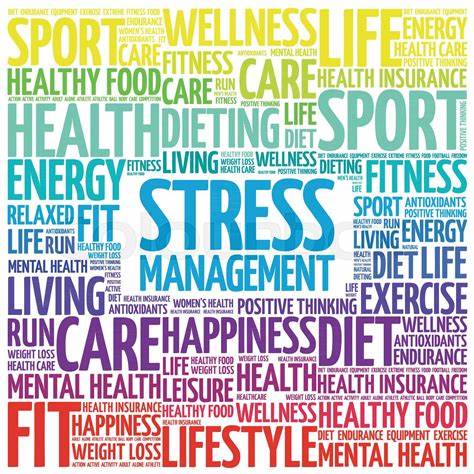Vegetarianism

Therapist of the Month – May 2021
12/05/2021
TRY This! Vegetarian diet guidance remedies
12/06/2021A real vegetarian is one who only eats fruit, vegetables, pulses or seeds, and not meat or fish. Sometimes, this diet is in place out of ethical (animal free), ecological (natural produce), health reasons or just a lifetime commitment. It’s important to know what vitamins and minerals are needed from the foods eaten because vegetarians will not benefit from the same ones in meat or fish. There are vegetarian diet plans available to source which product contains which vitamins and minerals, plus a diet plan is a great way to identify and source tasty vegetarian recipes to cook. A lot of strict ethical vegetarians not only used animal free food products, but those relating to clothing, footwear, accessories and homeware.
The danger being vegetarian is replacing a lot of meat with soy products because it’s been proven that a lot of those products are formed using genetically modified soy so may not be as nutritious, plus there are health concerns about genetically modified products. When shopping for food, it’s important to read food labels to make sure the products or vegetarian or vegan friendly. Often some food products have traces of animal sources in gelatine, isinglass, emulsifiers, animal derived rennet (in cheese), bonemeal, carmine, beef dripping or animal fat, lard, lanolin, fish oil or anchovies.
When adopting a vegetarian diet, it’s better to make a transition from meat to non- meat, as the change can have an adverse effect to the immune system because the change in habits need to be adopted by the body.
A vegetarian diet does not mean a totally illness free life, but when done properly it does mean that conscious choices are made to sustain own body and lifestyle. It is believed by some that a vegetarian diet reduces the risk of cancer, obesity, type 2 diabetes or heart disease, but there is not much evidence to prove this.
